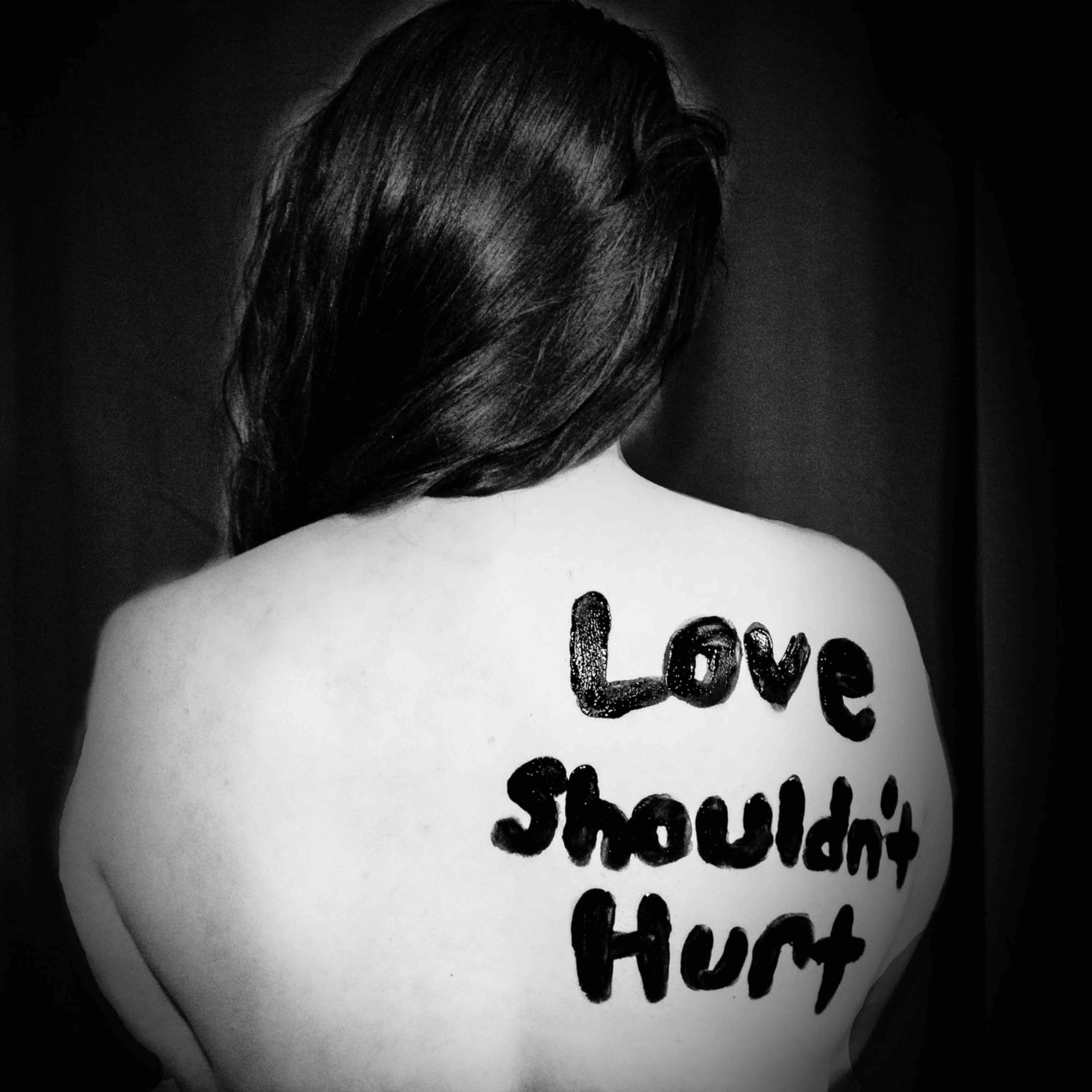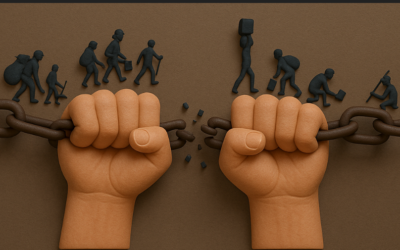Can you believe that “National Rape Day” is a new trend growing on media platforms? Because Domestic Violence Awareness month is in May, we thought it is important to take a look at this issue of ‘rape day’. And we should all take into account the feelings of those affected by this issue.
This hideous rape day trend originated on TikTok. A platform we thought was mainly for silly dances and lip-syncing but it also has a dark side.
Rape Day coincides with America’s observing Sexual Assault Awareness and Prevention Month. It is believed some men have been encouraging others to actually commit sexual assault on 24th April. Read more. But while it appears to have been a hoax on tiktok, it has created an outcry and raised a lot of concern. Read about the reaction of one TikTok follower here: ‘National Rape Day’ Isn’t Real, But TikTokers Keep Spreading Panic Anyway
Responding to US media queries, TikTok released the following statement:
“The supposed ‘National Rape Day’ trend being reported upon is abhorrent and would be a direct violation of our Community Guidelines. While we haven’t seen evidence of this trending on our platform, our safety team remains vigilant and would remove any such content.”
The whole concept is very concerning. Because acts of sexual abuse and control of women’s bodies are not something to be taken lightly. And far too many women are impacted by this daily in their life already. Sadly, rape is often the reality for those experiencing abusive relationships, sex trafficking, domestic violence, modern slavery etc.
Statistics about sexual assault and domestic and family violence in Australia
- 17% of women and 4.3% of men in Australia have experienced sexual violence (sexual assault or threats);
- 25% of women and 6.5% of men with disabilities have experienced sexual violence.
- 16% of women have experienced sexual violence from a male they know;
- Women who experienced sexual violence were most likely to experience it from a previous cohabiting partner (4.5% of women) or a boyfriend/girlfriend or date (4.3% of women). Read more
The Public Fighting Back
Many people have been standing up against the idea of rape day. Also, many men have even threatened to take physical action to protect women if they witness any other men trying to take advantage of the rape day. As a result of this day, parents are upset with the role social media companies have had in allowing the hashtag to spread. And it is installing fear in their children, themselves, and the public. As a result, of the growing concern surrounding April 24th, authorities have acted. They are assuring the public and providing safety tips if you may be in danger. For more information click here.
A history of Rape used to control and enslave women.
Although this only started as a Tiktok joke it is something very serious. Because for a very long-time acts of raping and controlling a woman’s body are forms of modern enslavement. From Greek mythology, the Roman Empire, Christian, and Islamic faiths, throughout history, rape has been documented as a crime. But today, too often in domestic violence cases men seek to control women by raping them and physically abusing them. So much so that women are often too scared to leave their partner leaving them trapped. We also see this with human trafficking that has become a multibillion-dollar industry, that exploits individuals’ bodies. Human trafficking doesn’t discriminate. Everyone and anyone could become a victim no matter their race, age, gender, ethnicity.
It is important to remember as domestic violence awareness month approaches that we must hold ourselves accountable for creating a healthy and safe environment for others. We can bring awareness to those less informed on the impact such an act can have.
If you would like to know more about how women are impacted by modern slavery and the sexual abuse that often comes with it, read some of our articles on our website. There is a lot of information on providing support and our fight to end modern-day forms of slavery around the world.
Written by our USA Volunteer Intern: Natasha Lewis




